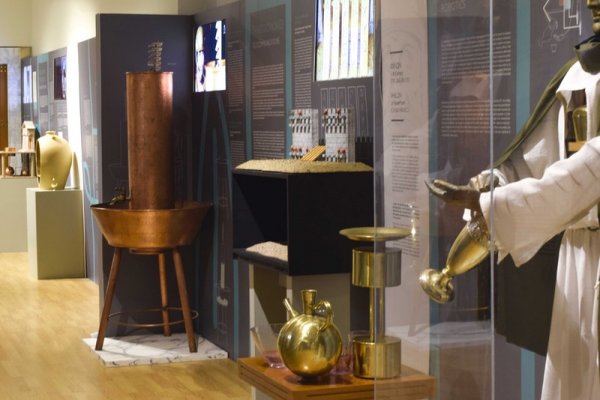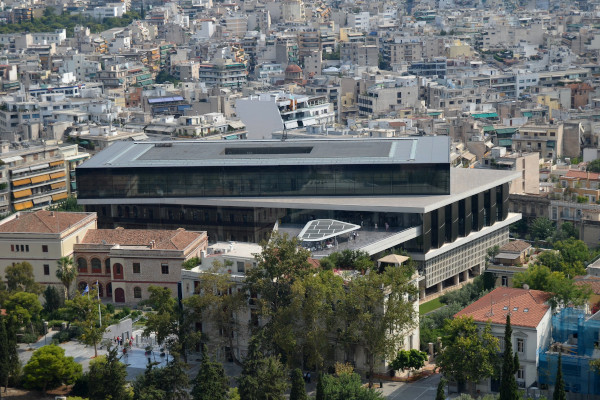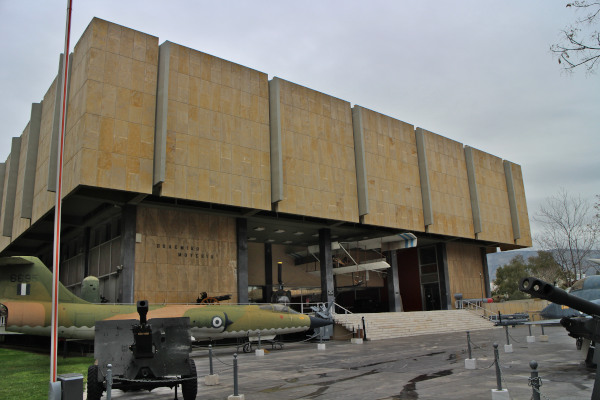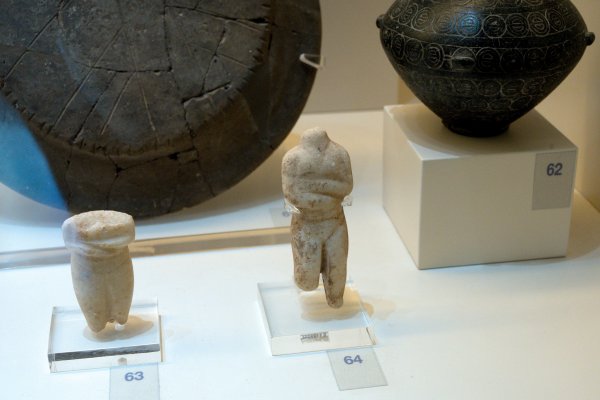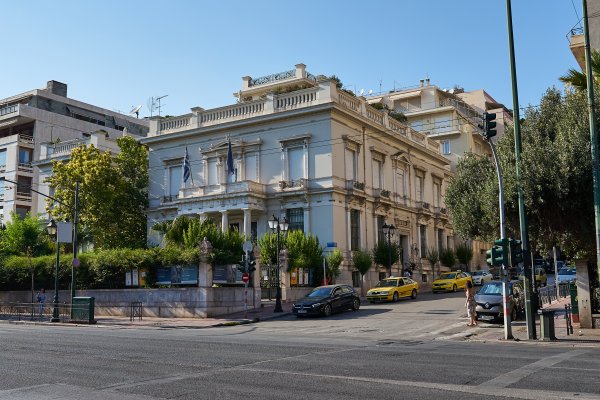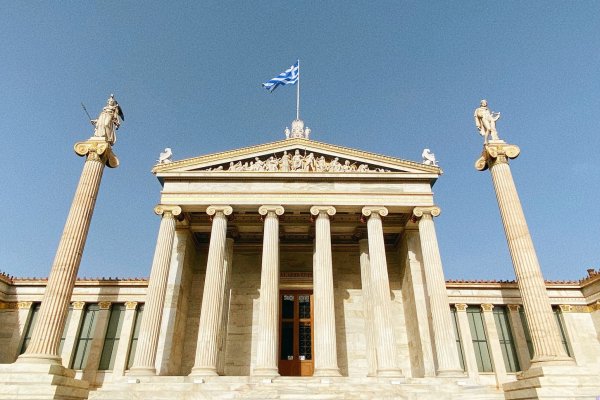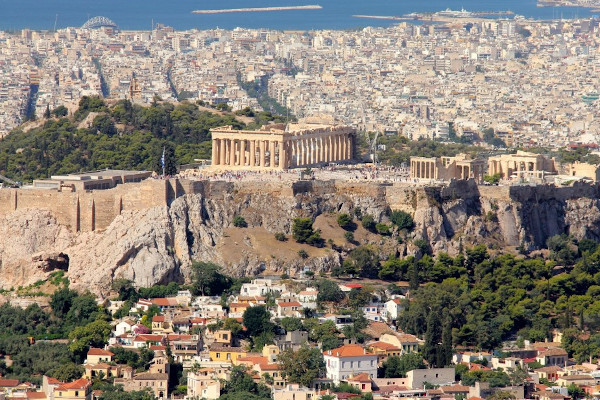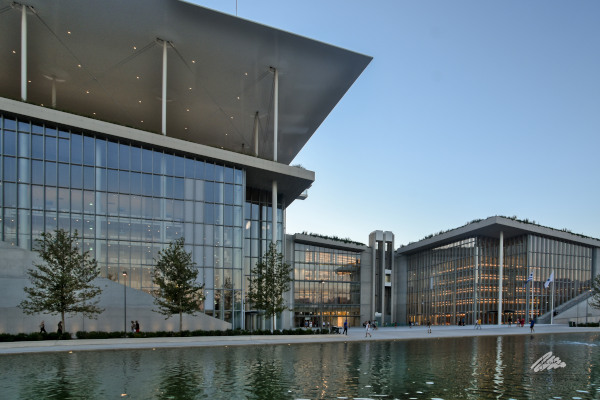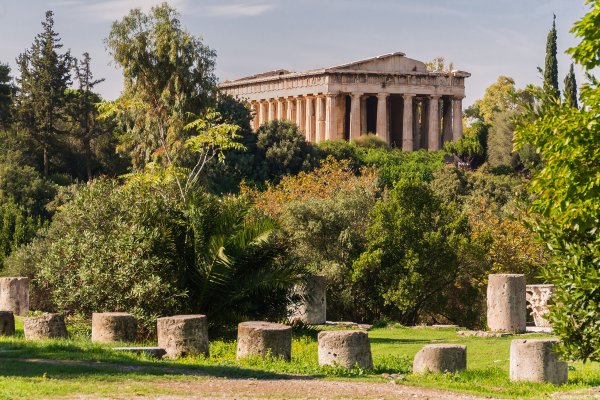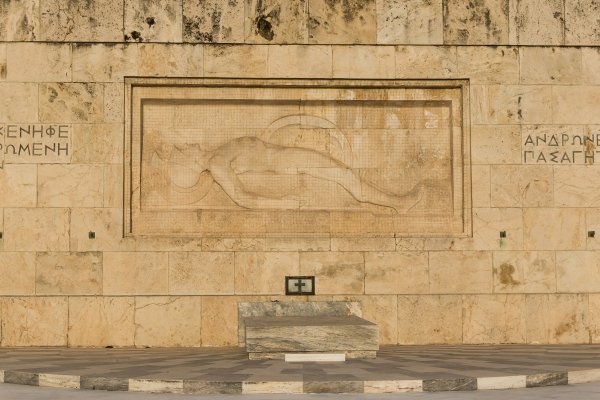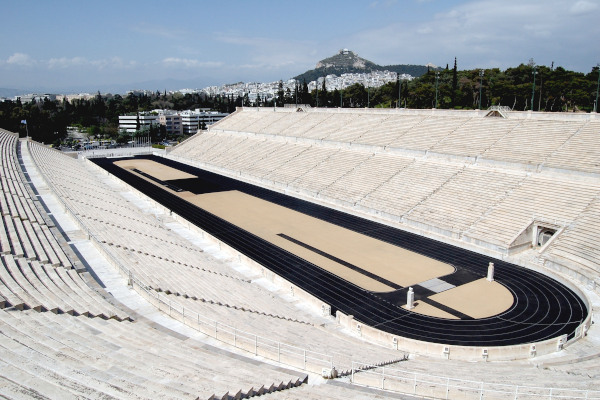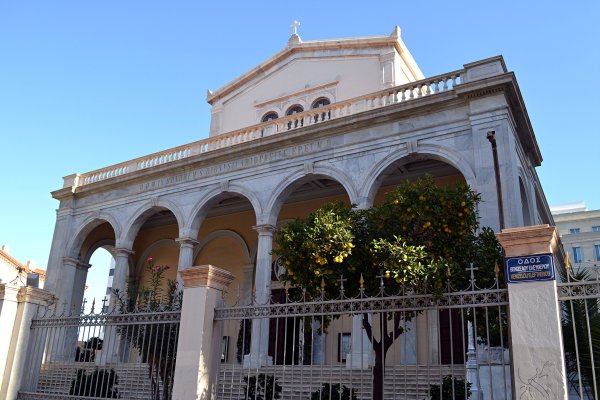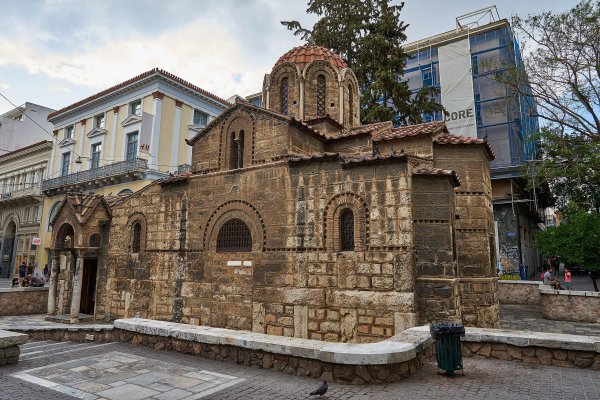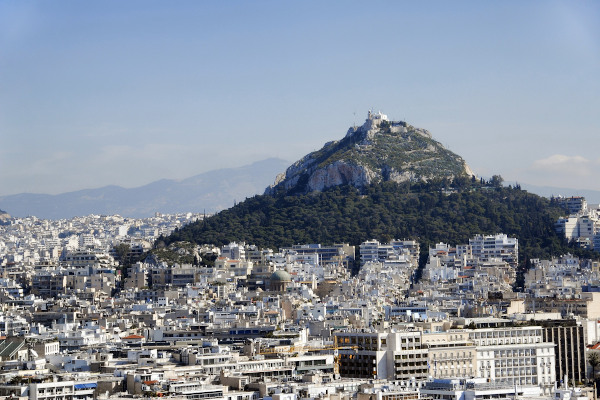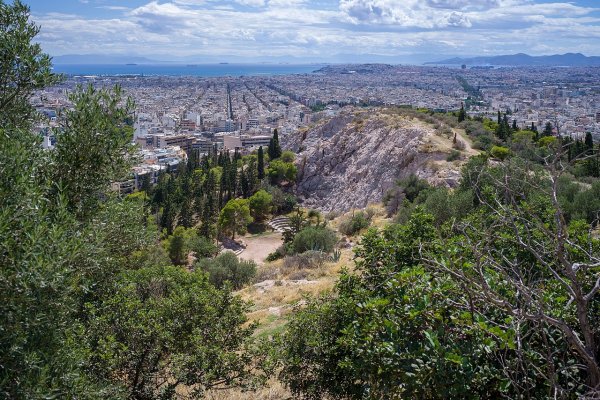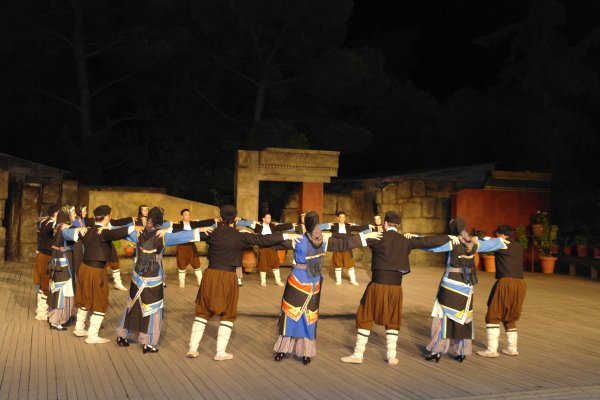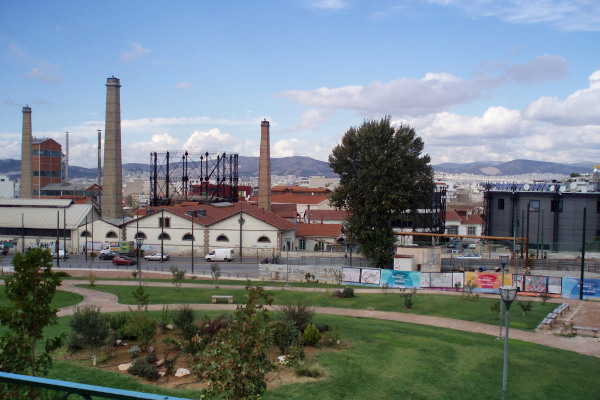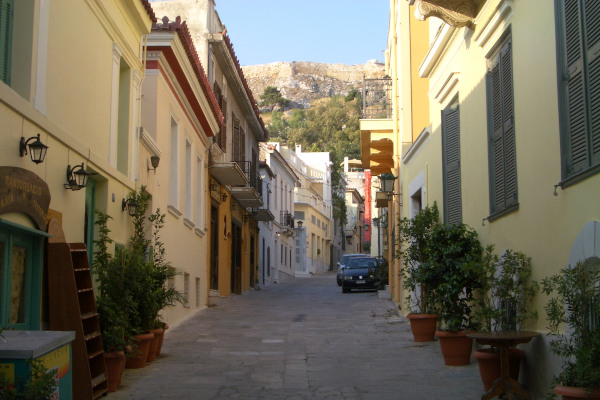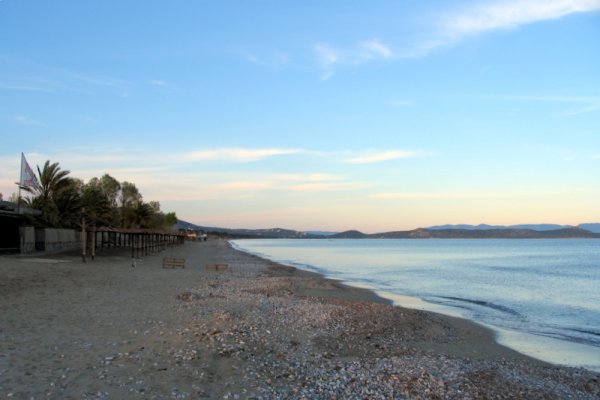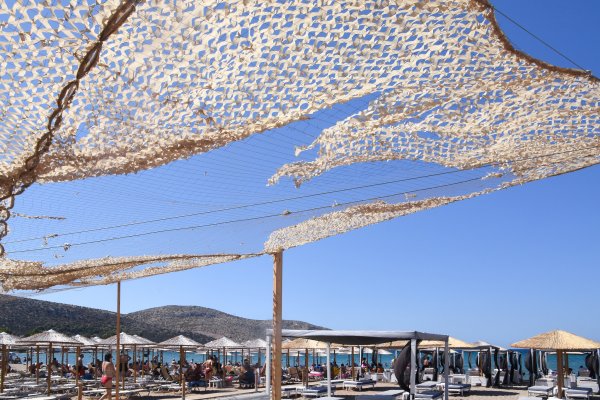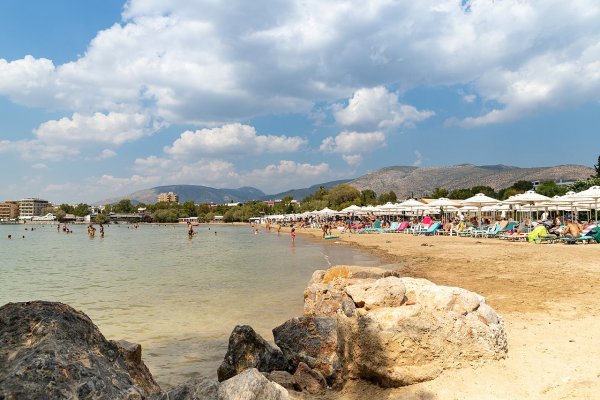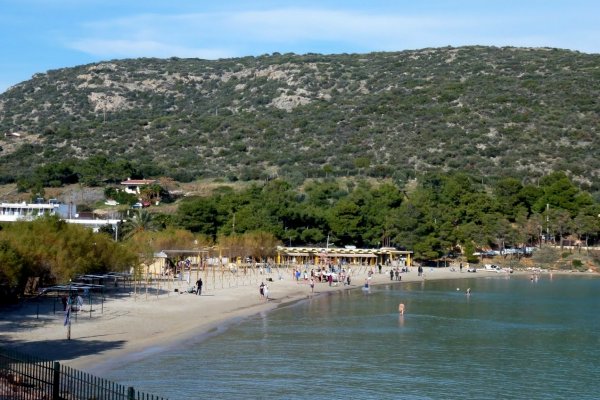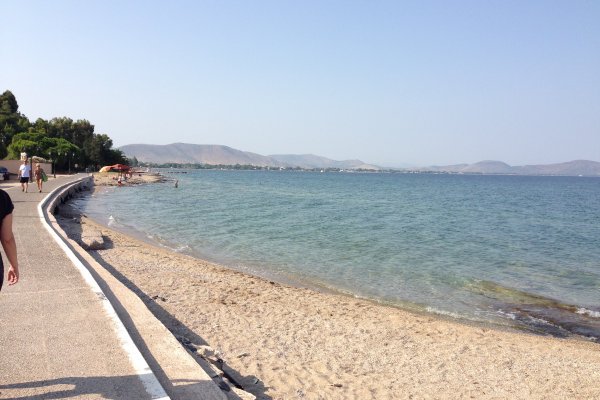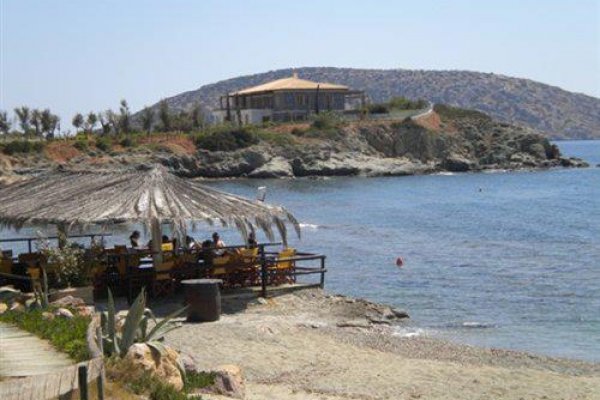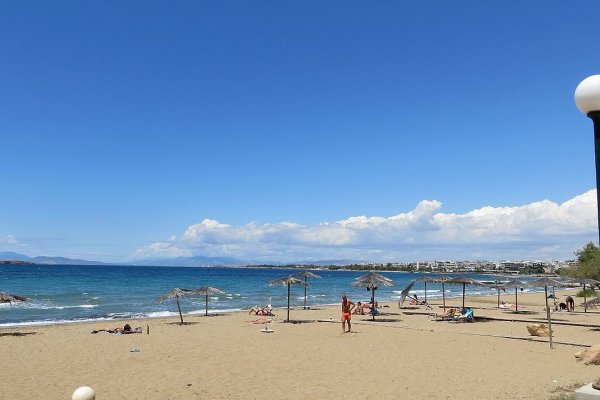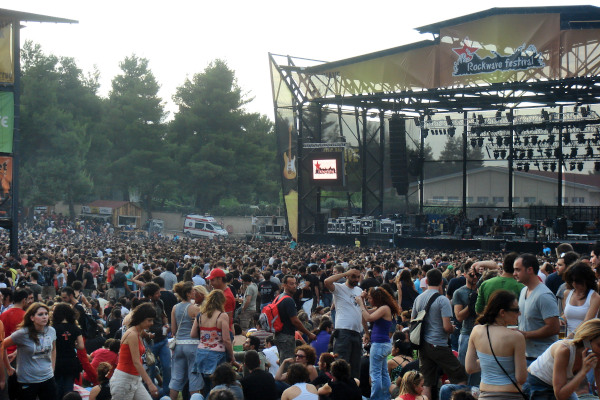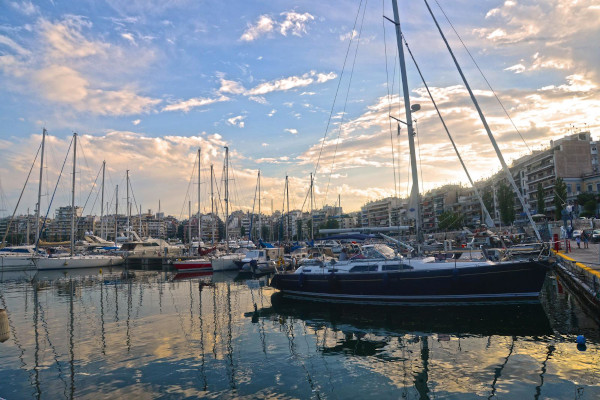Athens Museums
Museum of Ancient Greek Technology - Kotsanas
In the Museum of Ancient Greek Technology, you feel like you entered a cool documentary. Some serious educational material. Prepare for a memorable visit.
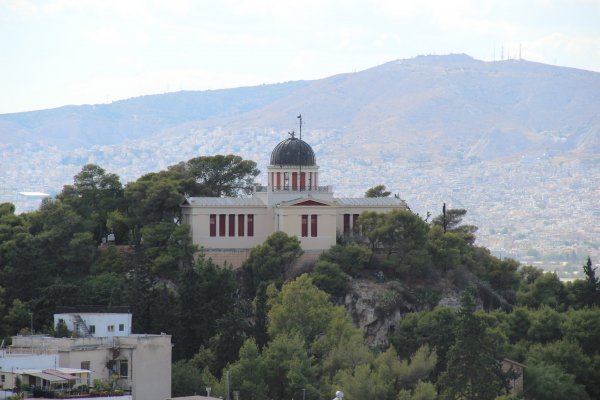
National Observatory of Athens
Wanna have a look at Jupiter and Mars? The historic National Observatory is still open and gives tours on its premises and if the sky allows planet gazing.
Acropolis Museum
This award-winning museum hosts findings and artifacts from Acropolis and its buildings, as well as from other areas of ancient Athens.
Athens War Museum
Learn about the evolution of the Greek nation through its wars and military history, and lay your eyes on numerous battle devices equipment and weapons.
Museum of Cycladic Art
The four floors of the Museum of Cycladic Art will take you on a journey into the evolution of arts. Detailed explanations and excellent multimedia.
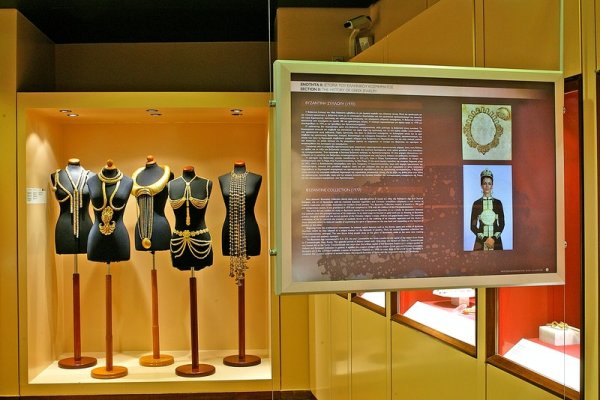
Ilias Lalaounis Jewelry Museum
Hosting over 4500 jewelry pieces, the exhibition of Ilias Lalaounis is inspired by ancient Greece, the Vikings, nature, and modern technology.
Hellenic Motor Museum
In a 4000sq.m. building with distinctive design, the Hellenic Motor Museum illustrates automobile evolution through 110 old and new cars, and other exhibits.
Benaki Museum of Greek Culture
The Benaki Museum of Greek Culture is a collection of artifacts from all periods of Greek history presented in a chronological order.

